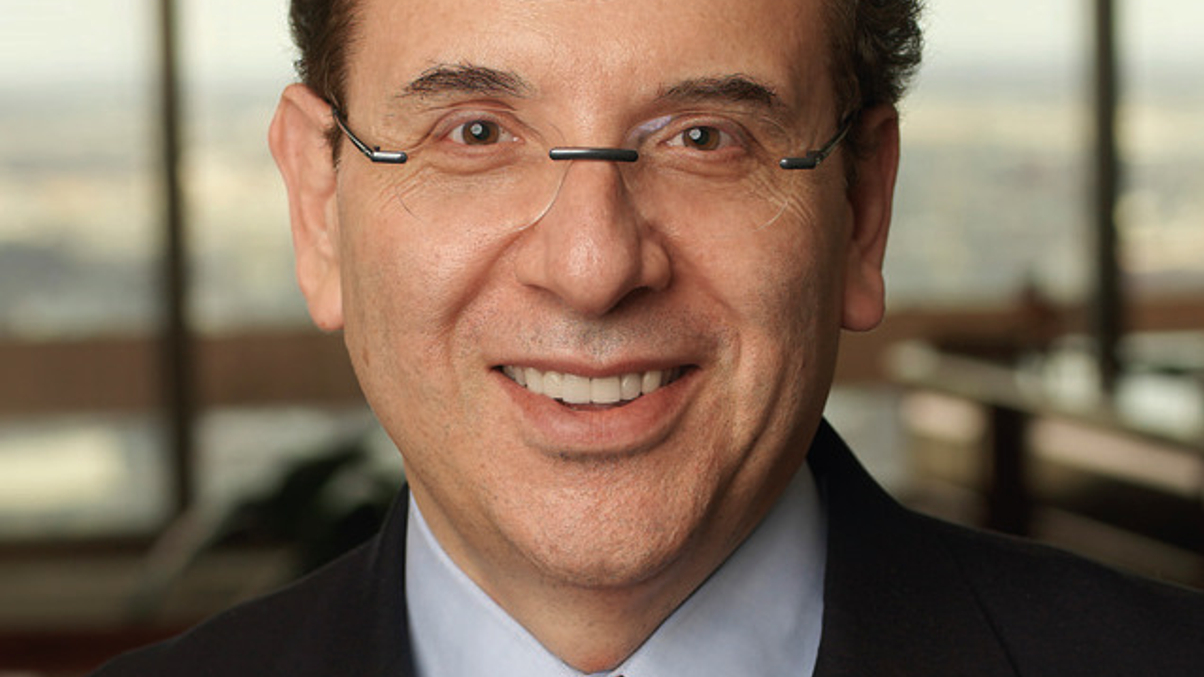China wouldn't survive a US double-dip recession, says Permal chairman
Isaac Souede, chairman of $20 billion fund of hedge funds Permal, says China does not respect the euro and that an American double-dip recession would spark protectionism in the US.

Permal, a stand-alone business in the Legg Mason group, is a fund of hedge funds with $20 billion in assets under management. Chairman Isaac Souede spoke to AsianInvestor while he was on a recent visit to Hong Kong.
Sign in to read on!
Registered users get 2 free articles in 30 days.
Subscribers have full unlimited access to AsianInvestor
Not signed up? New users get 2 free articles per month, plus a 7-day unlimited free trial.
¬ Haymarket Media Limited. All rights reserved.


